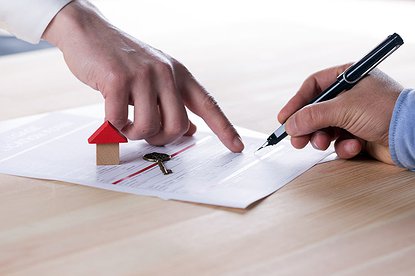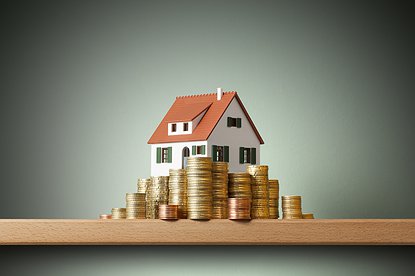Get Pre-Approved Now
What is a Bridge Mortgage Loan?
Use the Code Below to Embed this Infographic into Your Website!
When you are ready to buy a new home, you will have to figure out a plan for that awkward period between when you sell your old home and you move into your new home. Will you sell your home first? If so, where will you live while you are looking for a new home? If you buy a new home before you sell your current home, how will you come up with a down payment? How will you manage paying two mortgages, even if it is in the short term?
Getting a bridge loan may be the solution.
A bridge loan is a short-term loan that allows you to pay off the balance on your current property so that you dont have two mortgages while you are waiting to sell your home. You pay off the lien and use the leftover money to make the down payment on your new home. Then you only pay the mortgage on your new home while you are trying to sell your old one.
Bridge loans last from six to 12 months. In that time, you wont pay on the loan. However, when your home sells, you will have to repay the bridge loan plus any interest that has accrued. Bridge loans usually carry a higher interest rate than prime.
You can also get a bridge loan that is on top of your current mortgage. These secondary loans are used for the down payment on your new home, not to pay off the old one.
Bridge loans, which are also referred to as swing loans or gap financing, are considered very risky. You never know how long it will take you to sell your old home or even if you can sell it at all. You also dont know how much it may sell for at the end. You could end up accumulating quite a lot of interest on your bridge loan, or you could end up owing money on the loan after you sell your house.
If you need help with a down payment for a new home or you need a little buffer to pay two mortgages while you are trying to sell your old home, you can consider other options, such as a home equity loan, sometimes referred to as a second mortgage.
A home equity loan is available for the amount of equity you have built in your home. If you have lived in the home for awhile or you live in a hot area where property values have risen quickly, you could have tens of thousands of equity in your home.
When you sell your home, you can pay off both the mortgage and the home equity loan. Just make sure you dont borrow against the full equity so you have a little buffer for the fees and interest related to the loans. Otherwise, you could end up owing a little money. (And dont forget the fees that realtors take when you sell!)




